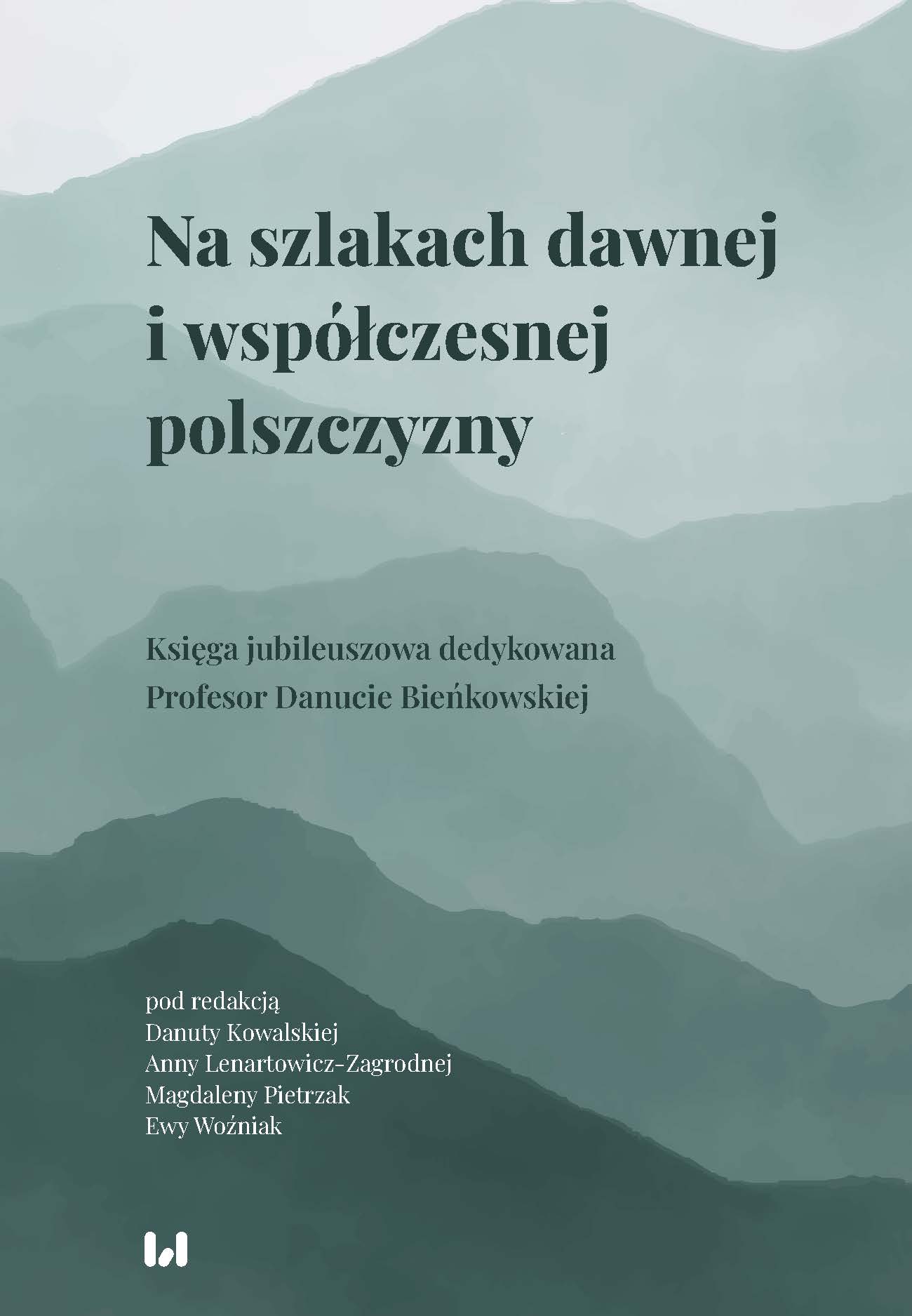Naukowiec, spec w swojej dziedzinie, człowiek orkiestra, czyli o doktorze honoris causa w świadomości językowej studentów
A scientist, an expert in his field, an orchestral man, about the honorary doctor in the language awareness of the students
Author(s): Małgorzata Święcicka
Subject(s): Language and Literature Studies, Education, Applied Linguistics
Published by: Wydawnictwo Uniwersytetu Łódzkiego
Keywords: cultural linguistics; cognitive semantics; ways to understand the phrase doctor honoris causa; language awareness of the students
Summary/Abstract: The aim of this article is to analyze and interpret the ways of understanding the phrase doctor honoris causa in the student community. The basis of the linguistic description are their statements in the survey, including the way the phrase is pronounced, explaining its meaning, the attributes of honorary doctors and their names. It turns out that in the student consciousness the phrase functions both erroneously and correctly. Incorrect spelling of the way the phrase is pronounced, dominating over the correct ones, allow us to believe that young people have or may have problems with Latin phonetics. Student's ways of explaining meaning constitute a creative interpretation of lexicographic definitions, but they are essentially devoid of redundant elements typical of common-sense thinking. The repertoire of components the are irrelevant by definition, however, causes associations, including the attributes of honorary doctors and their names. The term itself has only a positive axiology. Students give the names of over 40 honorary doctors, awarded by the Kazimierz Wielki University in Bydgoszcz and other universities in Poland or abroad. The implementation of the survey tasks confirms that the young generation, if they cannot cope with the execution of the command on their own, can effectively search for knowledge in electronic sources.
- Page Range: 281-299
- Page Count: 19
- Publication Year: 2023
- Language: Polish
- Content File-PDF

